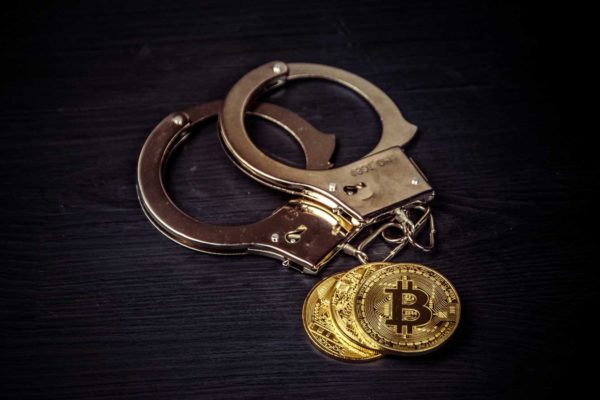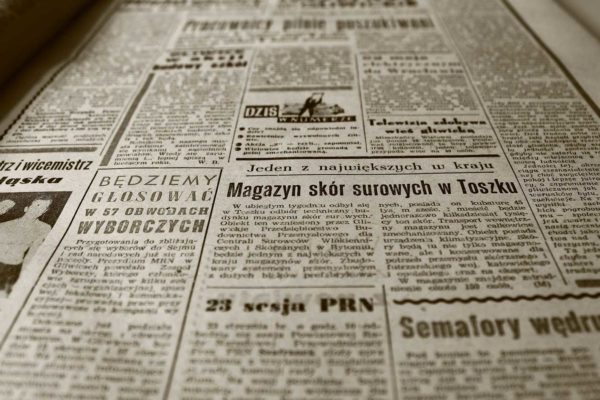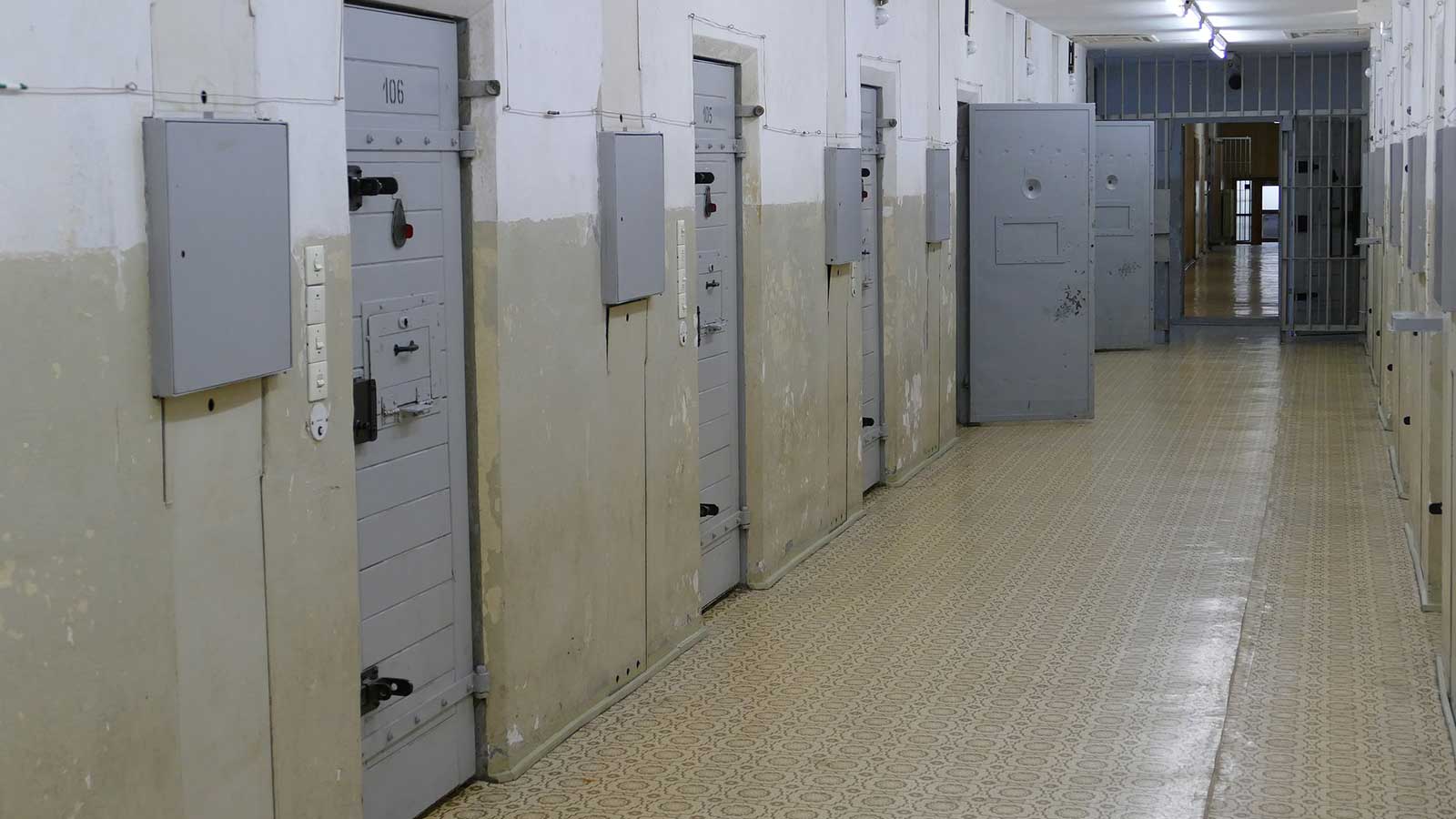The EU GF-AML/CFT supports the reinforcement of frameworks developed for transparency and beneficial ownership for legal persons and legal arrangements, by identifying existing vulnerabilities and loopholes. This includes training on Ultimate Beneficial Ownership; Risk-Based Approach; Suspicious Transaction Report; Customer Due Diligence/Know Your Customer; Exchange of information on request.
THIS PAGE IS UNDER CONSTRUCTION
We provide technical assistance on a wide range of topics. This is done through bilateral activities, regional activities and thematic activities. We also work very closely with other international institutions operating in the field of AML/CFT.
Areas of technical assistance
Beneficial ownership:
Strategic Approach:
The EU Global Facility has developed an innovative supporting tool, the Technical Assistance Coordination Committees, to help partner countries achieve those goals. The TACC assists them in establishing a body and associated mechanisms to coordinate and structure all technical assistance activities. The TACC also seeks to strengthen compliance with the FATF’s International Cooperation Review Group (ICRG) requirements, based on the experience acquired by other countries during the ICRG process.
FATF Recommendation 8 for NPOs:
The project cooperates with the Global NPO coalition on FATF, a semi-formal group of NPOs working to disseminate best practices on combatting the financing of terrorism in the NPO sector, and providing a forum for NPOs to inform and influence the global policy debate. The EU GF works specifically on ways to address the issue of money laundering and serious financial abuse of the sector by providing technical assistance in assessing whether national legislation is compatible with the FATF requirements regarding non-profit organisations, as well as with international human rights and humanitarian legal standards.
Financial sanctions, Asset Freezing and Recovery
Aware that each stage of the penal chain in AML/CFT investigations demands specific expertise and skills, the EU Global Facility’s training is thoughtfully curated to address the unique challenges faced by justice professionals during prosecution, asset tracing, confiscation and recovery. The project supports actors -such as judges and prosecutors – and administrative bodies involved in financial sanctions and asset freezing and recovery. This seeks to significantly improve prosecution, lawful restraint of assets and result in more proactive and greater asset recovery.
Virtual assets:
New technologies such as bitcoin and blockchain provide innovation and market development. However, they also allow greater anonymity and give new opportunities to criminals to launder money and finance terrorism. The project works with countries and stakeholders to assess and analyse the AML/CFT impact of the development and use of virtual assets; mitigate risks; take preventive measures; and ensure coordination between competent authorities.
Financial Intelligence and Innovation:
The delivery of workshops and technical assistance for law enforcement agencies involved in investigating civil and criminal wrongdoing covers a vast and evolving landscape, including various financial sectors such as Hawala Banking, Traditional Banks, Virtual Assets, and Digital Banking, encompassing both regulated and unregulated entities. To effectively counter these real and emerging risks, our experts conduct in-depth scientific exploration and research of new investigative strategies while leveraging recognised methodologies, both overt and covert, to stay ahead of financial criminals.
Law Enforcement Agency and Prosecution:
Our support covers all aspects of the law enforcement side of AML/CFT, focusing on intelligence and a multi-agency approach. Our experts seek to help enhance the operational connections between the various organisations involved.
The facility further operates through an innovative thematic approach to AML/CFT law enforcement with training on blood antiquities, conflict looting, canine cash detection, pharmaceutical fraud and prison financial intelligence, among others.
Judiciary:
By working closely with national authorities and stakeholders, the EU Global Facility helps with the elaboration of the draft legislation and production of comprehensive guidelines that bolster legal infrastructure and processes within the penal chain. This inter alia entails the development of Judicial Manuals on financial investigations, which contribute to equipping law enforcement and justice personnel, as well as FIU and other relevant institutions from the penal chain with the necessary tools to effectively combat money laundering and terrorist financing.
Correspondent Banking:
The project helps jurisdictions to better understand FATF Recommendation 13 and EU best practices, notably with regards to customer due diligence measures in cross-border correspondent relationships compared to domestic ones. Through regional conferences on the reinforcement of public private partnership coordination and knowledge sharing, it provides comprehensive support on the issue of de-risking (causes and consequences), and the main drivers behind the termination of correspondent banking relationships.
Multi-Agency Custodial Financial Investigations:
The EU GF-AML/CFT supports regional and national cooperation between the policing agencies performing AML/CFT investigations, intelligence gathering agencies and prison/detention regimes and centres. It does so by developing analysis and operational recommendations aimed at supporting prison and custodial administrations to establish and operate Prison Intelligence Cells. Through a pool of specialised experts, the EU Global Facility published a report on the topic, which will be followed by a series of webinars aimed to address illicit economies within national prison/custodial establishments. These initiatives equip stakeholders with the necessary knowledge and tools to combat illicit financial activities within custodial settings, contributing to broader efforts against financial crimes.
Art and Antiquities Trafficking and AML/CFT Investigations:
Our experts work on the analysis of the blood antiquities and conflict looting phenomenon, most specifically on the AML/CFT measures required. The EU Global Facility has developed a series of four regional conferences aimed at enhancing information sharing between public and private sectors, finding solutions to combat art trafficking, and raising awareness about the criminalisation of antiquities. The conferences – which will continue to be held over the next two years across the globe – focus on leveraging AML legislation in the investigative process to counter these crimes effectively. The target audience includes Financial Intelligence Units, Prosecutors, law enforcement agencies, and individuals involved in cultural crime management and investigation. Ultimately, these efforts aim to protect countries’ heritage and reduce the impact of AML/CFT in these lucrative markets.
Metaverse:
The rapid emergence of the metaverse and virtual assets has given rise to growing concerns about their potential links to AML/CFT criminality. The decentralised and pseudonymous nature of virtual assets presents unique challenges in monitoring and regulating financial transactions. To tackle this, the project has designed workshops that delve into critical aspects of the metaverse. As financial crimes within the metaverse require a hybrid approach, the EU Global Facility focuses on combining traditional investigative methodologies with new tools and techniques suited for digital environments. This includes leveraging blockchain analysis, data analytics, and artificial intelligence to trace and monitor virtual asset transactions, aiding in the identification of suspicious activities.
ML and serious financial abuse in the NPO sector
The GF is conducting a research project on the issue of serious financial crime in NPOs, not limited to terrorist financing. It aims at ensuring that global and national policy on combatting ML and other serious financial crimes in the NPO sector is effective, evidence-based and targeted at the risk and protects civil society freedoms.
The findings will therefore serve as evidential basis for future frameworks to address potential risks or vulnerabilities to money laundering and linked serious financial crimes in the NPO sector.
We recently published a report on this topic
Media input to AML/CFT:
The EU Global Facility understands the critical role the media plays in monitoring and exposing illicit financial activities. To ensure accurate and timely reporting on AML/CFT news, it has developed a state-of-the-art monitor and statistical tool. This innovative tool empowers investigative journalists and stakeholders to track, analyse and report on AML/CFT-related incidents with comprehensive data insights. More public information on this tool will be available soon.
Targeted Financial Sanctions:
The EU Global Facility’s strategy for remedying the deficiencies identified by the FATF on Targeted Financial Sanctions (Recommendations 6 & 7 and Immediate Outcomes 10 & 11) focuses on two main areas: strengthening technical compliance and enhancing efficiency.








